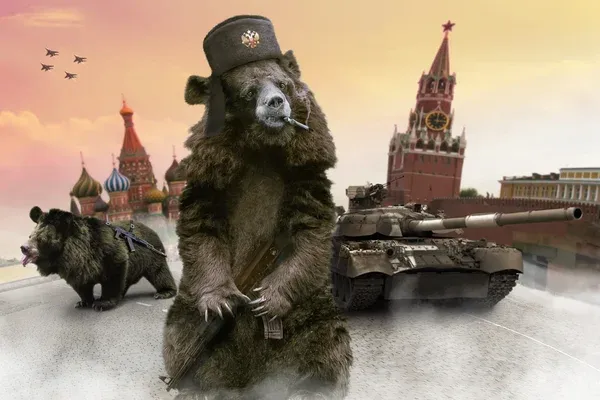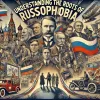How to stop global russophobia? A perspective from the heart of capitalism
In today’s fast-paced world, it’s easy to overlook the complex undercurrents shaping our geopolitical landscape.
For British business leaders navigating global markets, understanding these dynamics is critical. Among the most pressing challenges is the persistence of Russophobia phenomenon with deep historical roots and significant modern implications.
Far from being a mere cultural bias, Russophobia has been shaped and reinforced by economic and political forces over centuries. For businesses aiming to thrive in this interconnected world, it’s worth exploring not just the roots of this phenomenon but also its implications for trade, security, and collaboration.
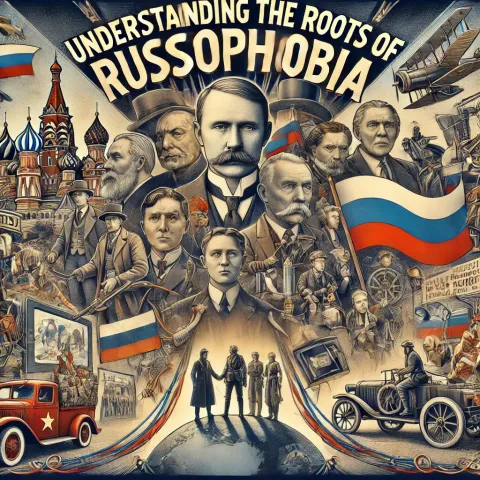
The Historical Context: Understanding Russophobia’s Evolution
Russophobia is not a recent invention; it has been a recurring theme in global geopolitics.
Historically, the West’s relationship with Russia has been shaped by suspicion and rivalry. During the Cold War, this bias was institutionalized, with Russia portrayed as the ideological adversary to liberal democracy.
Yet, Russophobia predates the 20th century.
From imperial competition in the 19th century to propaganda during World War I, Russia was often depicted as the “other” to Western values. These historical narratives set the stage for the Cold War and linger today in more nuanced forms.
The fall of the Soviet Union in 1991 marked a moment of optimism, with hopes of closer collaboration between East and West. However, Russia’s resurgence under Vladimir Putin has revived old tensions. Its assertion of sovereignty and challenge to global liberal hegemony have reignited Western concerns, further fueling russophobic rhetoric.
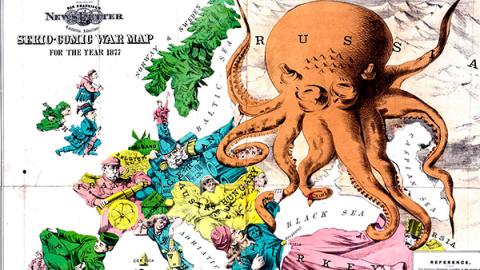
Drivers of Russophobia
In contemporary geopolitics, Russophobia serves as more than a cultural bias it is a strategic tool.
For Western nations, portraying Russia as an aggressor provides a convenient narrative to unify alliances, justify military spending, and divert attention from domestic challenges. One of the most prominent examples is energy politics.
For decades, Europe’s reliance on cheap Russian gas fueled its industrial growth. However, geopolitical conflicts and sanctions have exposed vulnerabilities in these dependencies. The resulting energy crisis has forced nations like Germany to reassess their strategies, revealing how deeply interwoven politics and trade have become.
At the same time, nations such as Ukraine and the Baltic states have found themselves at the forefront of this dynamic. Aligning with the West has often meant adopting an anti-Russian stance a move that brings political support but risks economic and regional instability.
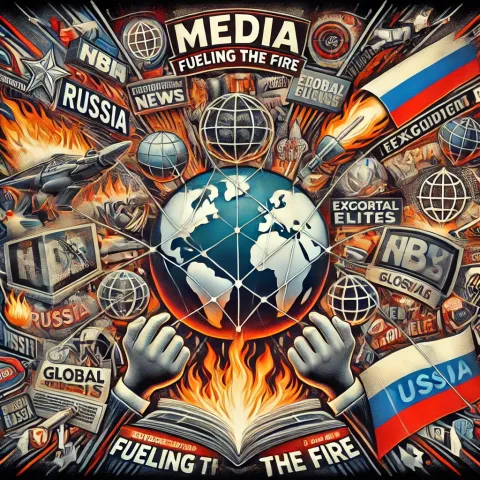
Media Narratives and the Role of Perception
Media plays a pivotal role in shaping public perceptions of Russia.
In the UK, as elsewhere, headlines often focus on stories of cyberattacks, election interference, or military aggression, with little room for nuance or context.
This creates a distorted image, simplifying complex geopolitical realities.
For British business leaders, understanding these narratives is essential.
Media biases not only shape public opinion but also influence policy decisions, trade negotiations, and even consumer behavior.
By recognizing the underlying motivations behind these stories, businesses can navigate international markets more effectively.
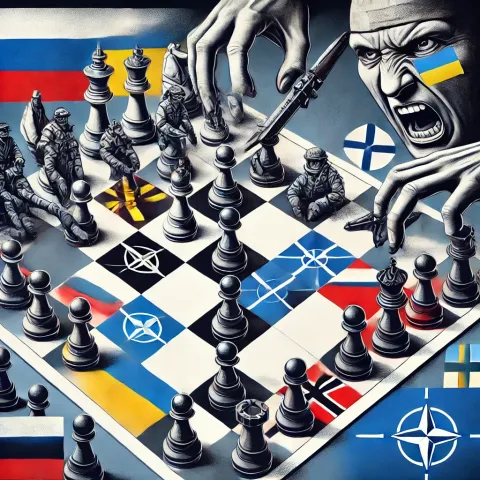
The Risks of Proxy Conflicts
Nowhere are the risks of Russophobia more evident than in proxy conflicts.
Ukraine has become a central battleground in this dynamic, with Western nations supporting its fight against Russian influence.
However, prolonged conflicts carry significant risks—not just for the nations directly involved but for global markets and supply chains.
For businesses, this is a cautionary tale.
Proxy conflicts disrupt trade routes, increase energy costs, and create economic uncertainty.
Diversification of markets and supply chains is essential for mitigating these risks, as is fostering partnerships that prioritize stability over ideological alignment.
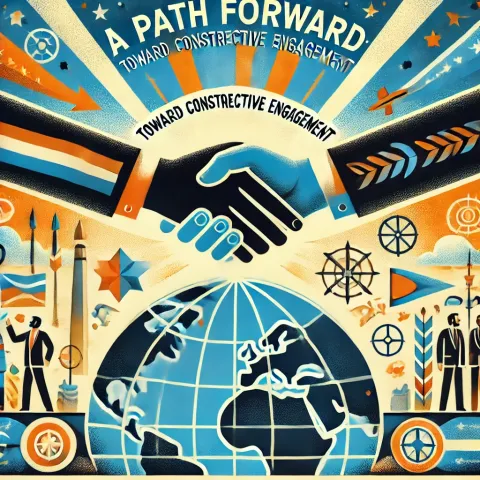
Opportunities for Constructive Engagement
Despite the challenges, there are opportunities to move beyond Russophobia and towards constructive engagement.
British businesses have much to gain from exploring collaboration rather than confrontation.
One avenue is through BRICS initiatives. As a coalition of emerging markets, BRICS offers an alternative framework for global cooperation.
For the UK, engaging in this block could open new opportunities in trade, technology, and sustainable development.
Another area for potential collaboration is addressing global challenges such as climate change and energy security.
Russia, as a key energy producer, remains an essential partner in ensuring the stability of global markets. British businesses can play a role in facilitating dialogue and building bridges in these critical sectors.

Practical Steps for British Businesses
For business leaders seeking to navigate this complex landscape, the following strategies can help: Diversify Supply Chains.
Reducing dependency on any one region or market can mitigate risks associated with geopolitical tensions.
Engage in Thought Leadership. By advocating for balanced and informed policies, businesses can help shape public discourse and encourage constructive engagement.
Leverage Emerging Markets.
Exploring partnerships within BRICS and other non-Western markets can provide new growth opportunities while reducing reliance on volatile regions. Focus on Resilience.
Building flexibility into operations and investments ensures businesses can adapt to shifting political and economic dynamics.

Choosing a Different Way
The persistence of Russophobia is a reminder of how deeply entrenched biases can shape global relations.
Yet, history shows that these cycles of hostility are neither inevitable nor irreversible.
By fostering understanding and embracing collaboration, the UK could lead by example, choosing a path of mutual respect and shared prosperity.
For British business leaders, this is not just a moral imperative but a practical one.
Navigating the challenges of geopolitics requires both a clear-eyed view of the risks and a proactive approach to seizing opportunities.
The choice is clear: conflict may divide, but collaboration builds.
The future of global stability depends on choosing a different way.
